Coronavirus: are we heading for another global financial crash?
Experts warn that pandemic could lead to a recession ‘of record dimensions’
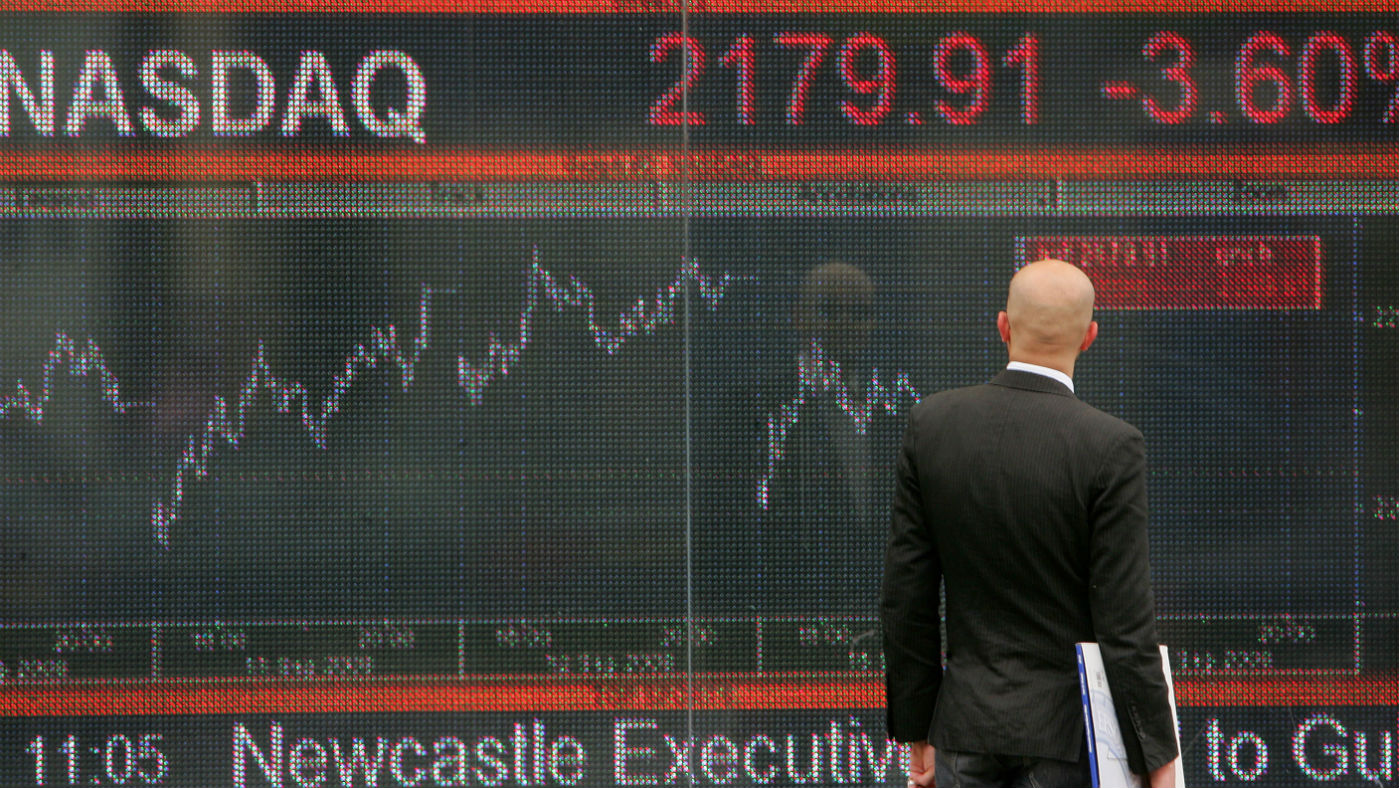
A free daily email with the biggest news stories of the day – and the best features from TheWeek.com
You are now subscribed
Your newsletter sign-up was successful
The global economy is straining under the weight of the coronavirus pandemic, with some of the world’s richest nations enacting unprecedented economic stimulus programmes in a bid to fend off a potential recession.
The speed and severity of the current market downturn has shocked experts, with the FTSE, Dow Jones Industrial Average and the Nikkei all hit by huge falls since the outbreak began at the end of December.
United Nations Secretary-General Antonio Guterres warned this week that a global recession, “perhaps of record dimensions”, was a near certainty.
The Week
Escape your echo chamber. Get the facts behind the news, plus analysis from multiple perspectives.

Sign up for The Week's Free Newsletters
From our morning news briefing to a weekly Good News Newsletter, get the best of The Week delivered directly to your inbox.
From our morning news briefing to a weekly Good News Newsletter, get the best of The Week delivered directly to your inbox.
“This is a moment that demands coordinated, decisive, and innovative policy action from the world’s leading economies,” he said. “We are in an unprecedented situation and the normal rules no longer apply.”
What has happened to share prices?
Investors are warning that a “worldwide credit crunch” triggered by the coronavirus has the potential to “set in motion a wave of corporate bankruptcies that will make the global financial crisis look like child’s play”, The Guardian reports.
“With the world’s most advanced economies all entering a shutdown that could last months, companies that have gorged on cheap money for the past decade face going out of business thanks to a huge spike in borrowing costs on international money markets,” the newspaper says.
A free daily email with the biggest news stories of the day – and the best features from TheWeek.com
Bloomberg argues that the “scariest” aspect of the crash is that, “for once, it’s about something real”.
“The crash of October 1987, which featured the largest one-day decline ever, was a hiccup, a market malfunction that didn’t even cause a recession,” says the news site, which notes that the crash of 2008 also had an internal cause.
By contrast, the current slump hasn’t been caused by an imbalance in balance sheets, but rather “a microscopic invader, the virus that causes the lung disease Covid-19”.
Governments worldwide are battling to minimise the economic damage, with stocks ending slightly higher on Thursday following a volatile session, as investors “weighed fresh evidence of a sharp economic decline against efforts in the US and Europe to offset the damage”, The New York Times reports.
“By the end of the day, S&P 500 rose by less than 1%, and shares in Europe also scratched out small gains. Oil prices, which had collapsed by more than 20% on Wednesday, sharply rebounded,” the newspaper adds.
–––––––––––––––––––––––––––––––For a round-up of the most important stories from around the world - and a concise, refreshing and balanced take on the week’s news agenda - try The Week magazine. Get your first six issues for £6–––––––––––––––––––––––––––––––
How about jobs?
Workers in the US “suddenly faced with unemployment as a result of the large-scale shutdown of businesses because of the national coronavirus emergency are facing another hurdle as state unemployment websites crash”, reports the Daily Mail.
The newspaper says “thousands of Americans are already out of work as nonessential establishments”, including restaurants, bars and clothing shops, are shut down in a growing number of states.
Lawmakers in the country have warned that the unemployment rate could rise to 20% - a figure that has been dismissed by Donald Trump. At a press conference on Wednesday, the president insisted: “We're no way near it.”
In the UK, the government has been urged to step in immediately to pay firm’s wage bills to prevent mass unemployment, with Chancellor Rishi Sunak expected to announce a bailout plan today.
How else has the UK government responded to the crisis?
The government has been scrambling to stem the bleeding in the financial sector in recent weeks.
In his first Budget as chancellor, Sunak last week announced a £30bn package to help boost the economy during the coronavirus outbreak, with measures suspending business rates for many firms in England, extending sick pay and increasing NHS funding.
And earlier this week, he unveiled what The Independent describes as the “biggest package of emergency state support for business since the 2008 financial crash”.
Sunak has pledged £330bn worth of government-backed loans and more than £20bn in tax cuts and grants for companies threatened with collapse because of the crisis.
The Bank of England has also cut interest rates to 0.1%, their lowest ever level, in an emergency move to shore up the economy.
-
 Why is the Trump administration talking about ‘Western civilization’?
Why is the Trump administration talking about ‘Western civilization’?Talking Points Rubio says Europe, US bonded by religion and ancestry
-
 Quentin Deranque: a student’s death energizes the French far right
Quentin Deranque: a student’s death energizes the French far rightIN THE SPOTLIGHT Reactions to the violent killing of an ultraconservative activist offer a glimpse at the culture wars roiling France ahead of next year’s elections
-
 Secured vs. unsecured loans: how do they differ and which is better?
Secured vs. unsecured loans: how do they differ and which is better?the explainer They are distinguished by the level of risk and the inclusion of collateral
-
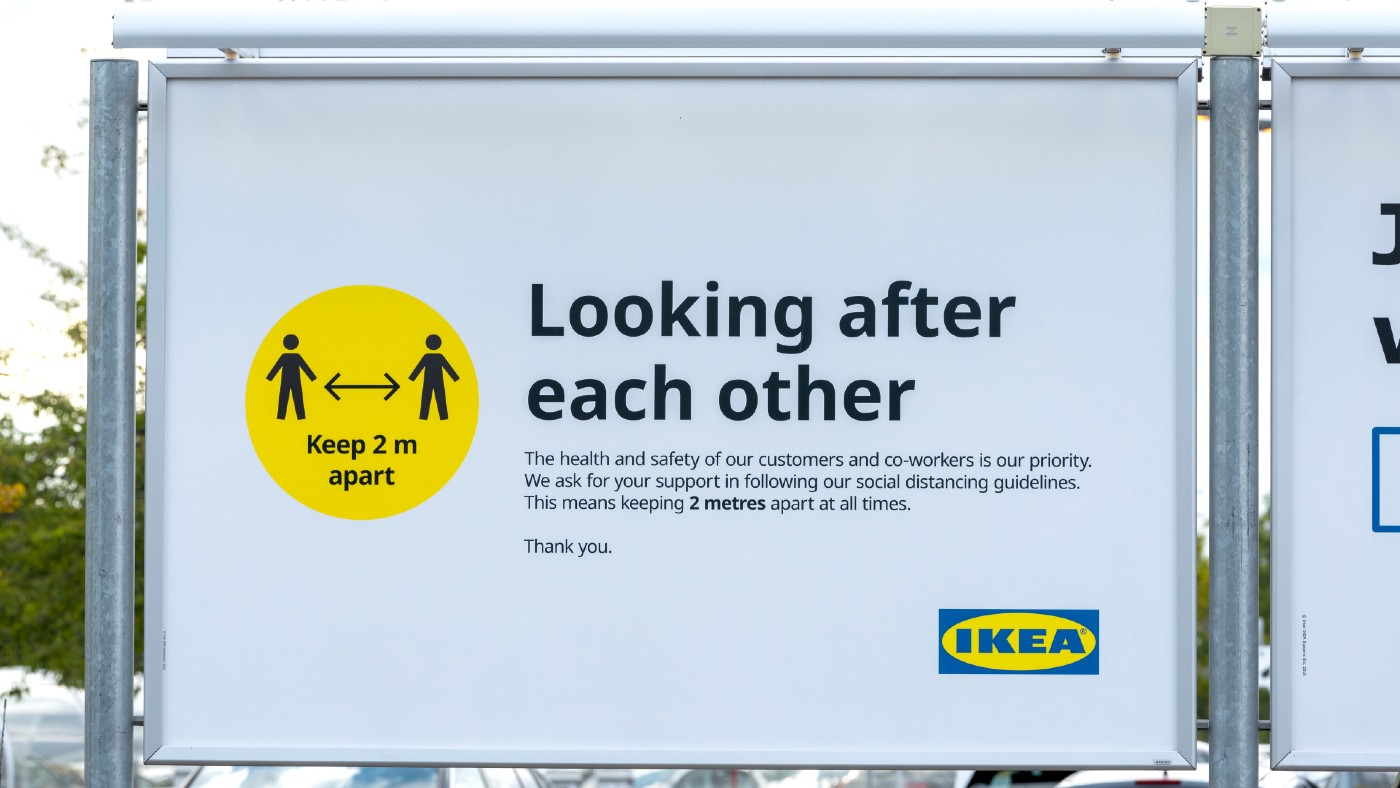 What are the rules on cutting sick pay for unvaccinated staff?
What are the rules on cutting sick pay for unvaccinated staff?feature Ikea joins growing list of firms axing sick pay entitlement for employees who haven’t had Covid jabs
-
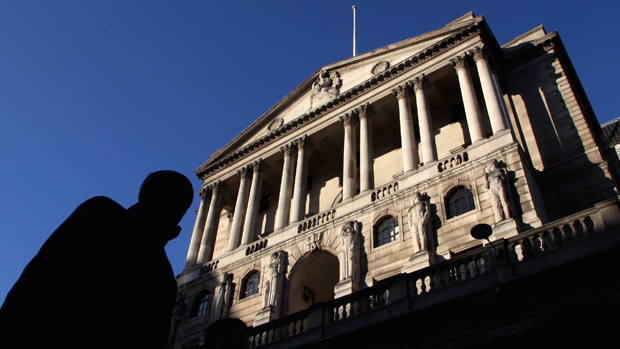 The Bank of England official warning women against home working
The Bank of England official warning women against home workingIn the Spotlight Not returning to the office will result in ‘two track’ career development, senior policymaker claims
-
 Valneva vaccine: why UK ditched jab with ‘stronger immune response’ than AstraZeneca
Valneva vaccine: why UK ditched jab with ‘stronger immune response’ than AstraZenecaIn Depth Downing Street accused French manufacturer of breaching contract
-
 End of the furlough scheme: what happens next for the UK’s job market?
End of the furlough scheme: what happens next for the UK’s job market?Business Briefing 1.6m workers were still being supported by the scheme in July
-
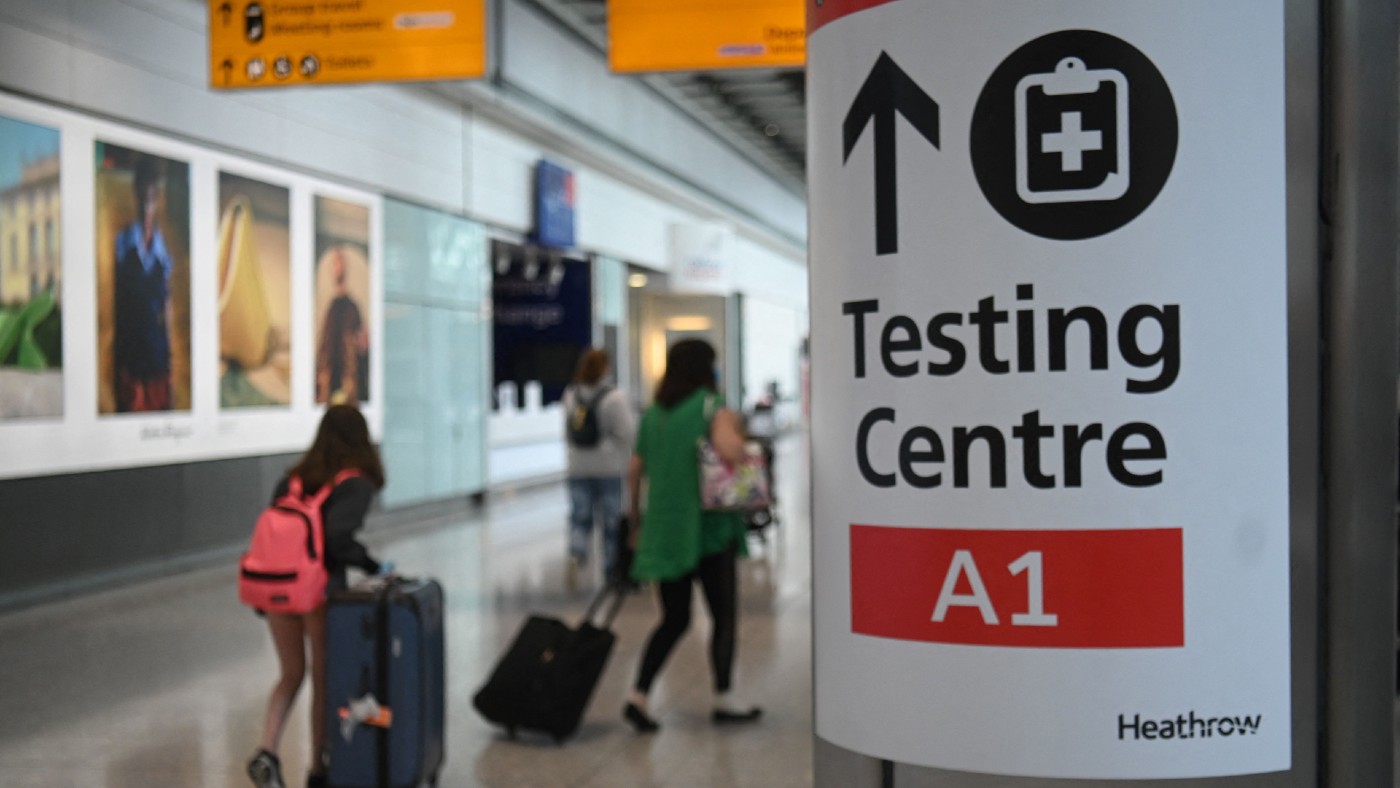 UK travel industry ‘choked’ by Covid restrictions
UK travel industry ‘choked’ by Covid restrictionsfeature Seven in ten firms planning redundancies as holiday bookings collapse
-
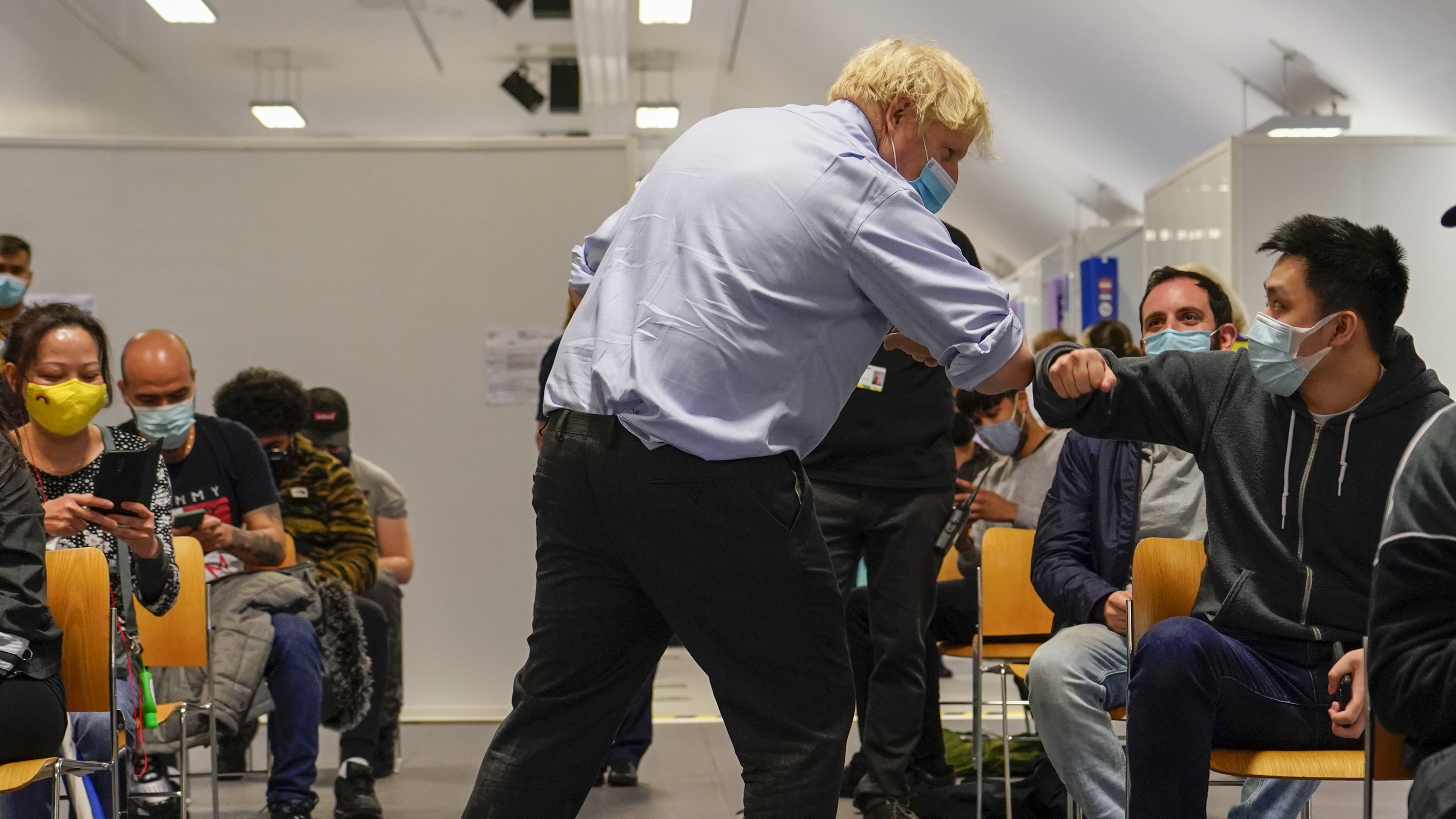 Leaked government report reveals what post-Freedom Day restrictions could cost UK
Leaked government report reveals what post-Freedom Day restrictions could cost UKUnder the Radar England set to drop face masks and social distancing from 19 July
-
 Freedom Day delay: ‘catastrophic’ for businesses on life support
Freedom Day delay: ‘catastrophic’ for businesses on life supportfeature Billions to be wiped from economy and Sunak rejects calls to extend furlough scheme
-
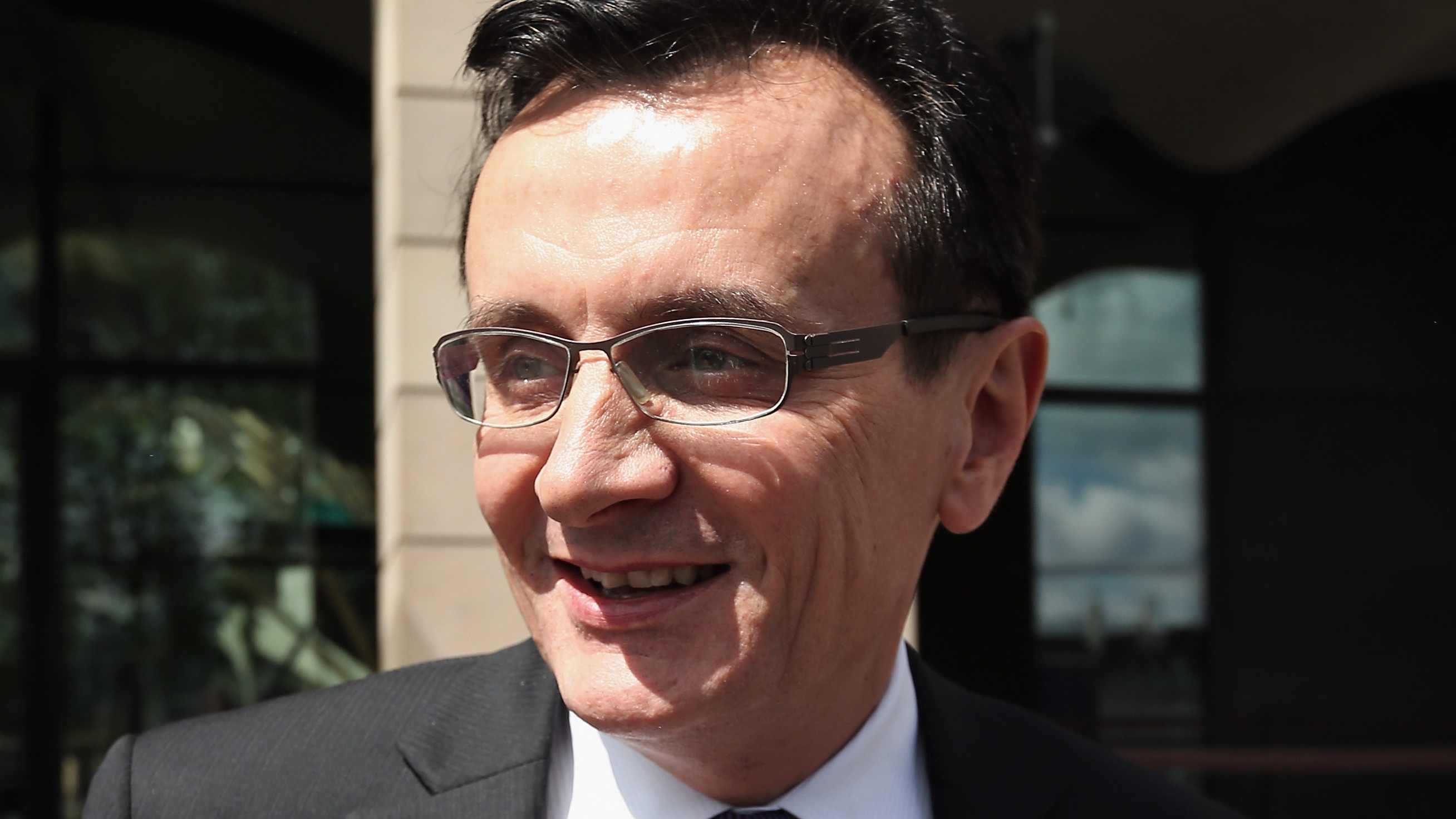 ‘The man who saved the world’: is AstraZeneca’s boss worth his millions?
‘The man who saved the world’: is AstraZeneca’s boss worth his millions?Today's Big Question Pascal Soriot’s bonus might be deserved, but that doesn’t mean it’s necessarily wise